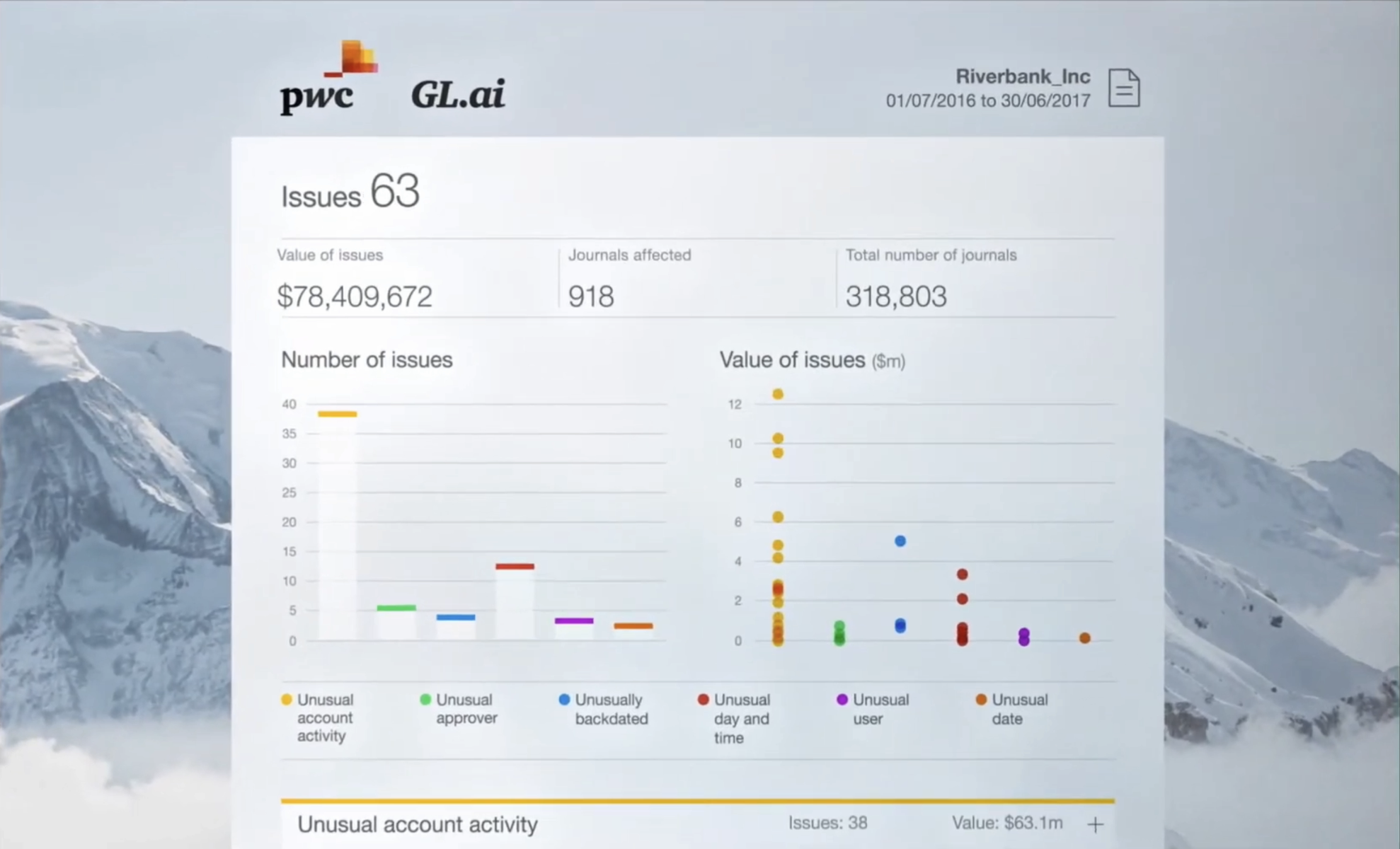Design Portfolio
Recent work, in reverse chronology. Some of this work was produced by teams of people, in which I played a role. These roles include: engineer, designer, UX designer, leader, manager, or any combination of these. I will attempt to clarify my role in each case.
Lawful Good
In 2025 I founded a company called Lawful Good. Lawful Good is a secure AI assistant for attorneys to collaborate with AI on legal research and document drafting. It is designed specifically for the needs of independent lawyers, and uses a RAG-based approach, natural language interface to provide accurate and up-to-date legal information. It features a collaborative document editor, and legal research with grounded results.
- Date
- 2025
- Company
- Lawful Good
- Roles
- Engineer, Designer
- Stack
- React, TypeScript, Python, FastAPI, LangChain, LangGraph, Gemini, Anthropic, OpenAI, PostgreSQL, ChromaDB, Redis, Google Cloud Platform






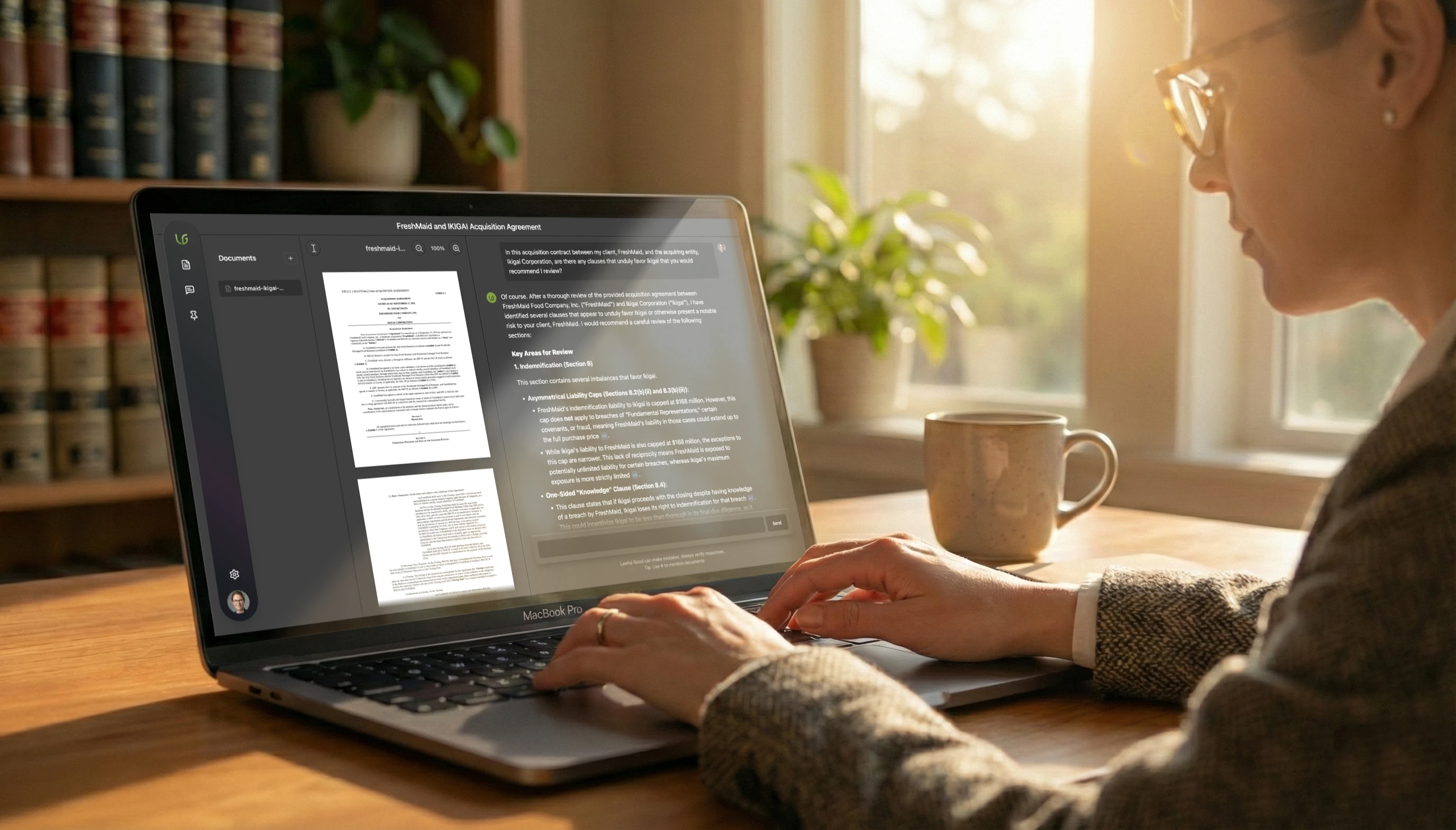
The Reading Chair
This one is a bit different. It grew out of a design challenge I participated in. Having spent the last few decades designing for screens, I decided I should fully embrace this opportunity and design something I had never designed before, so I decided to design a chair. The symbolic world is great and all, but sometimes it's nice to consider the real world.
The purpose of this design is to solve some of the most common problems I have when sitting down to read a good book. Namely:
- Comfortable for long periods
- Built-in lighting that illuminates the pages of the book perfectly
- Plenty of space for drinks, snacks, glasses, and other items
I even made a fake marketing website for it. Take a look!
- Date
- 2025
- Company
- Infinite Tape
- Roles
- Designer, Engineer
- Stack
- Pencil, Paper, Blender, Next.js, TypeScript







H2O Actions
H2O Actions was the brainchild of Jiri Puc, an AI Engineer at H2O.ai. The idea behind this project was to create an AI Agent that could be used to automate tasks in the H2O AI Cloud, using a natural language interface. Users would be able to create experiments, perform data exploration, launch AI Engines for Driverless AI, and more, all by interacting with the AI Agent.
- Date
- 2024
- Company
- H2O.ai
- Roles
- Designer
- Stack
- React, TypeScript, Python, LangChain, h2oGPT, OpenAI, Kubernetes



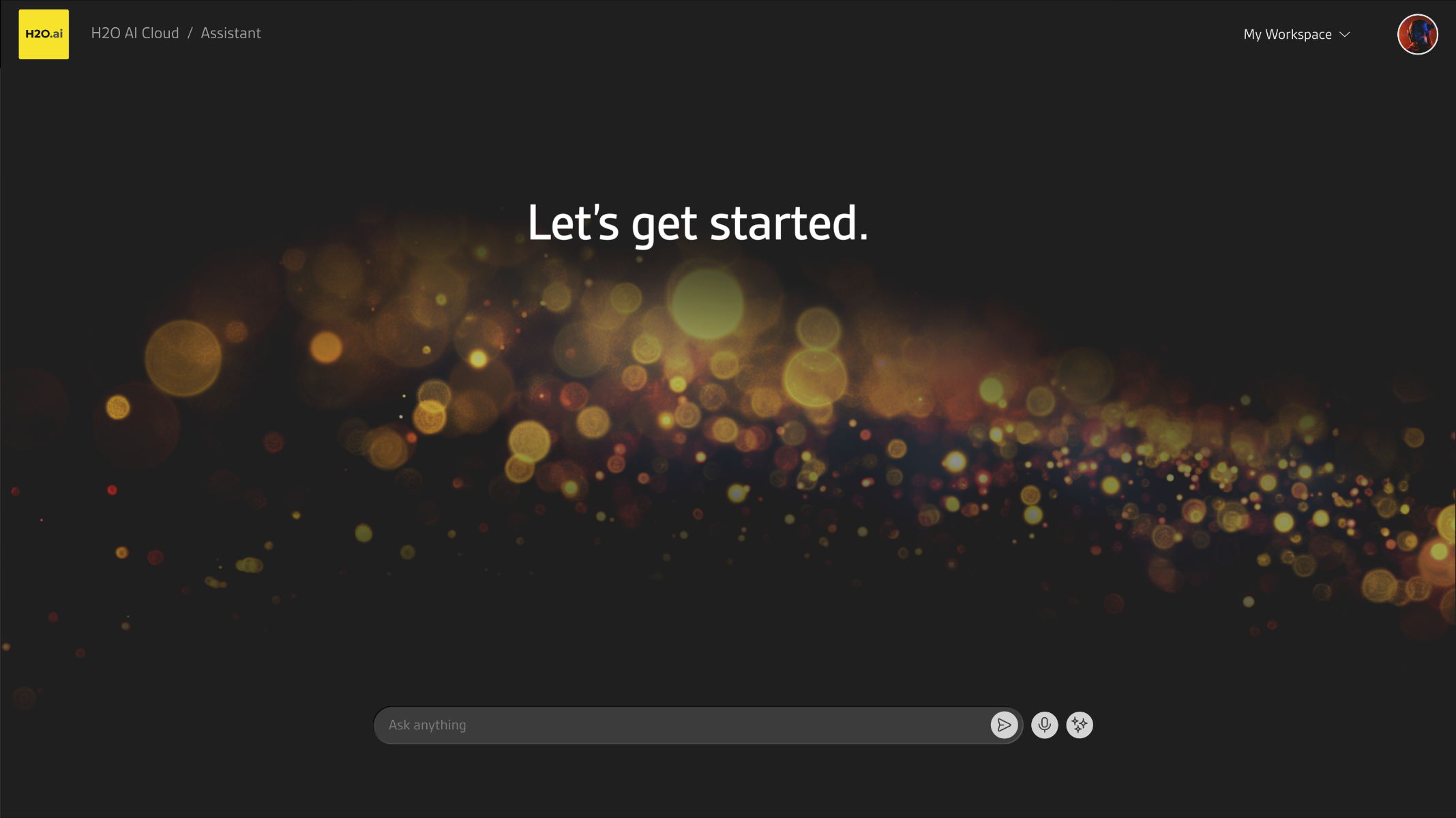
AI Governance
AI Governance is an important part of managing the deployment of AI models in the enterprise. Understanding model risk and health is critical for business leaders to understand their risk exposure.
The AI Governance project at H2O.ai was designed to help Risk Management Officers understand at the highest level what models they have deployed, and to quantify the risks associated with these models.
- Date
- 2024
- Company
- H2O.ai
- Roles
- Designer, Engineer
- Stack
- React, TypeScript, Java, PostgreSQL


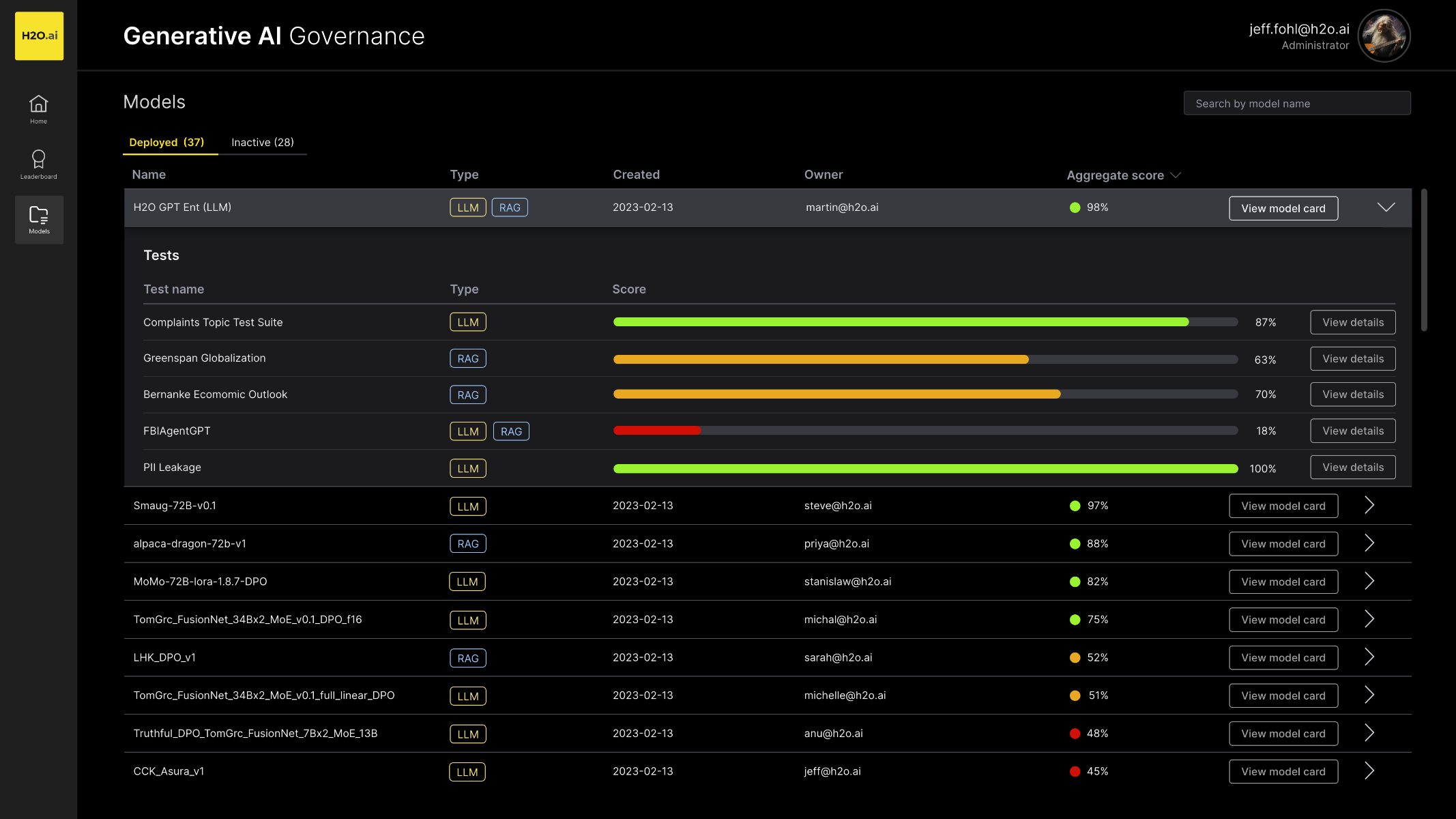
Document AI Dashboard
H2O.ai's Document AI is designed to help data scientists create data extraction pipelines from large quantities of documents, using combinations of models ranging from OCR, layout models, and LLMs.
- Date
- 2023
- Company
- H2O.ai
- Roles
- Designer, Engineer
- Stack
- React, TypeScript, Java, PostgreSQL




H2O AI Cloud
In 2019, H2O.ai embarked on an ambitious project to build a cloud-based platform for AI. Named simply H2O AI Cloud, the project was intended to bring together the best of H2O's AI products into a single, unified platform. Key components included H2O's flagship products, Driverless AI and H2O-3, and a suite of cloud-based products, such as Hydrogen Torch, MLOps, Feature Store, and Document AI. The idea was to allow H2O's customers to build apps using these tools and H2O's low-code app framework, Wave, and deploy them on their own App Store instance.
I joined the project in 2020 after it had begun development. I was initially tasked with leading the UI engineering effort. Eventually, I also became involved with leading the UX team.
There were quite a lot of people involved with the H2O AI Cloud project, far too many to list here, but I do want to give credit here to the UX and UI teams that delivered on this product while I was a part of it:
Credits
UX/UI Design
UI Engineering
- Date
- 2020-2024
- Company
- H2O.ai
- Roles
- Lead Engineer, UX Manager
- Stack
- React, TypeScript, H2O-3, Driverless AI, H2O Wave, Go, Protobuf, Python, Java, PostgreSQL, Kubernetes







PwC
In 2016, PwC (PricewaterhouseCoopers) engaged with H2O.ai to build AI-powered auditing applications. Initially, my role was to design and build these applications in collaboration with H2O.ai's data science team. Since the PwC group we were working with was based in London, the leadership team there eventually chose to work with the fantastic London-based design firm, Manasian&Co. Thereafter, my role was primarily as Lead UI Engineer, but I occasionally gave UX feedback to the London-based design team.
Between 2016 and 2021, I worked on a number of projects including Journals.ai, GL.ai, Fit.ai, Controller.ai, Cash.ai, and Audit.ai. PwC is quite private with their internal projects, so much of this work I am not able to share publicly. What I am able to share, I have included below.
During this engagement with PwC, the H2O.ai team generated over $30M USD in revenue over 5 years, with a 30% margin on professional services.
Cash.ai
PwC's Cash.ai application is used internally by PwC audit teams to accelerate the audit process. It uses machine learning, machine vision, and other AI processes to quickly and accurately scan documents, extract their data, and correlate this data with the audited journals.
Cash.ai is one module of a larger suite of applications called Audit.ai. Each module focuses on one aspect of the audit process. Other modules include Accounts Payable, Accounts Receivable, and Property, Plant, & Equipment (PP&E).
- Date
- 2019
- Company
- PwC
- Roles
- Engineer, UX Guidance
- Stack
- Angular, TypeScript, Java, Spring Boot, PostgreSQL



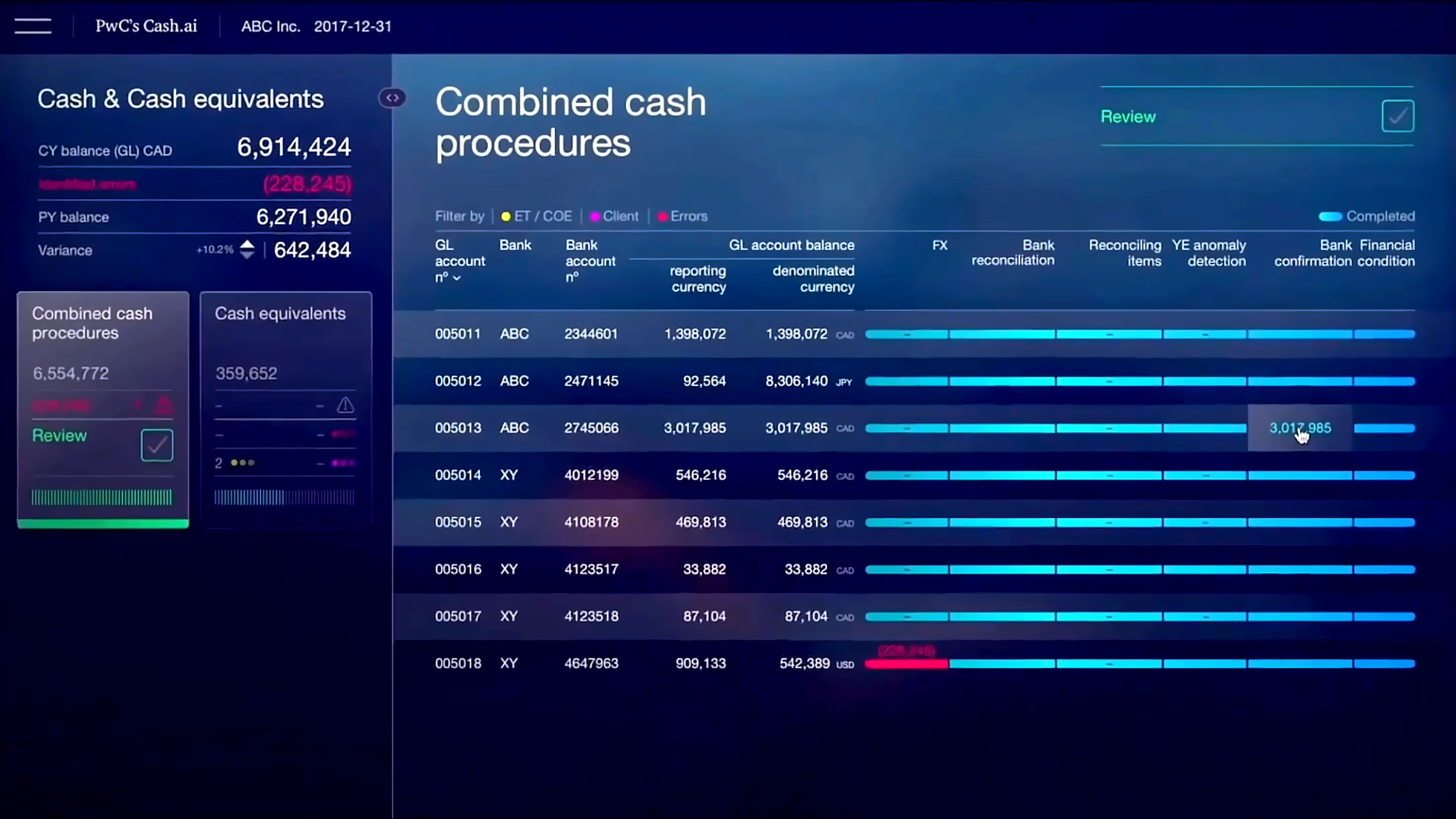
GL.ai
PwC's GL.ai application is an AI tool which uses anomaly detection to analyze ledgers using machine learning. Using machine learning allows the audit team to analyize the entire general legger, as opposed to a statistical sample. This provides a great deal more efficacy and accuracy than tradtional methods would allow.
While the AI handles the analysis, the centerpiece of the user experience are data visualizations which display the results of the models. These visualizations make it easy for auditors to spot inconsistencies and unexpected patterns.
- Date
- 2017
- Company
- PwC
- Roles
- Engineer, Data Visualization, UX Guidance
- Stack
- Angular, TypeScript, D3.js, Java, Spring Boot, PostgreSQL


